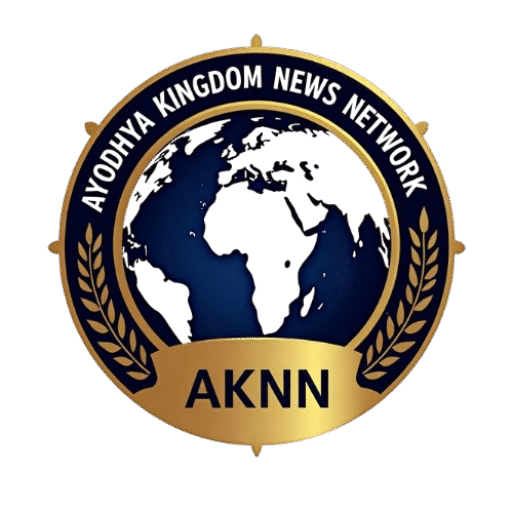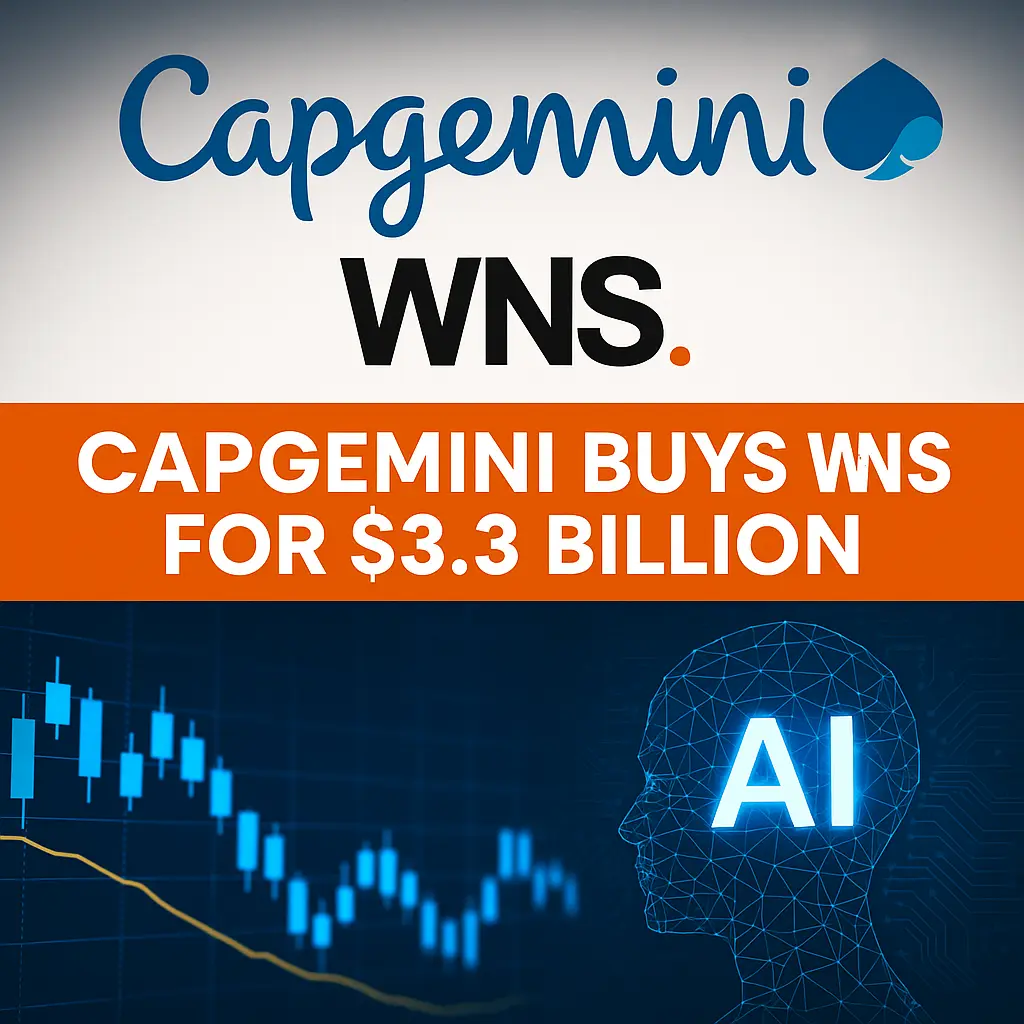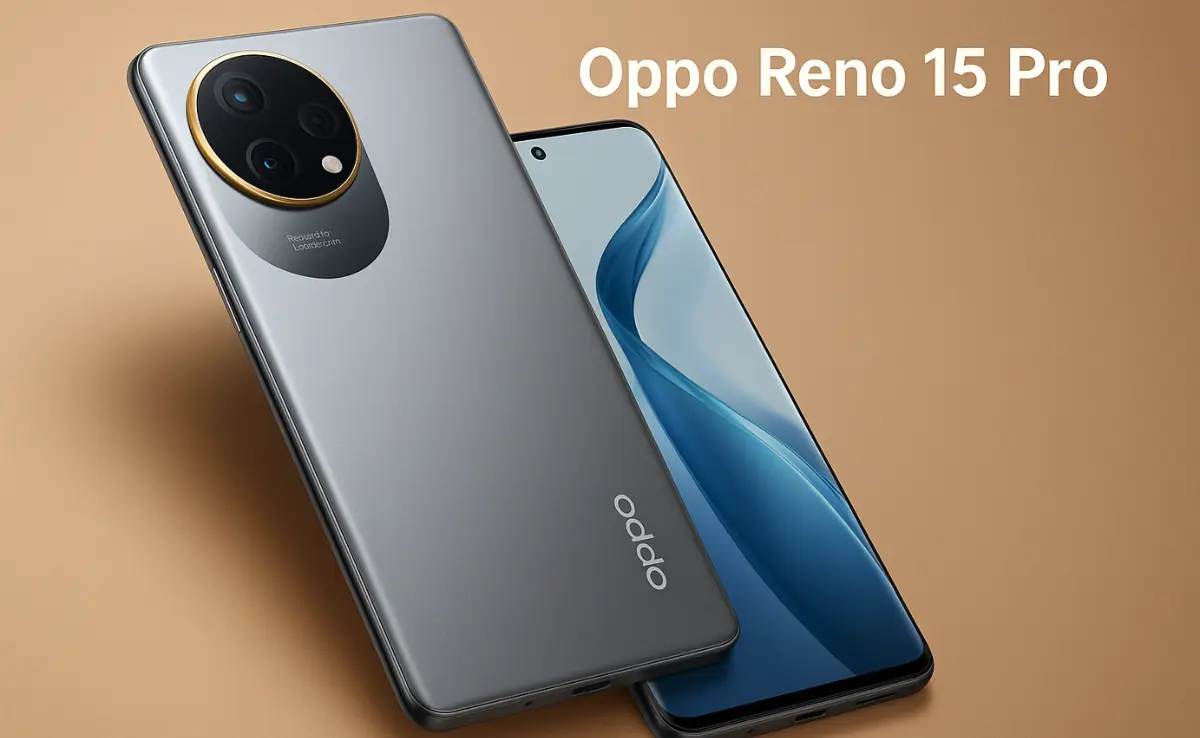Capgemini’s $3.3 Billion acquisition of WNS accelerates AI‑powered intelligent operations with vertical expertise and global scale.
In a major move that’s shaking up the global tech and outsourcing industry, French IT giant Capgemini has announced it will acquire Indian business process company WNS for a whopping $3.3 billion in cash. This deal is being seen as a big step toward Capgemini’s ambitious plan to lead the next phase of AI-powered business operations across the world.
The acquisition gives Capgemini access to WNS’s deep industry expertise, over 65,000 employees, and a portfolio of more than 600 enterprise clients. More importantly, it signals the beginning of a new chapter in Agentic AI—a form of artificial intelligence that doesn’t just support humans but can actually take over decision-making tasks and processes.
Table of Contents
ToggleDeal Details: Big Numbers, Bigger Impact
Capgemini has agreed to pay $76.50 per share, which is about 24% higher than WNS’s last stock price and 28% higher than its average price over the past 90 days. That’s a strong premium and shows how serious Capgemini is about this acquisition.
The total deal value is $3.3 billion, and it will be financed through a €4 billion bridge loan, which Capgemini plans to refinance through internal funds or long-term debt.
Capgemini expects this move to boost its earnings per share (EPS) by 4% in 2026, and by 7% in 2027 once full synergies kick in. These synergies include €100–140 million in extra revenue and €50–70 million in cost savings by the end of 2027.
Why Capgemini Is Buying WNS: AI, Scale, and Speed
Capgemini already has strong capabilities in cloud, digital transformation, and consulting. But this deal gives it deep process expertise and the kind of large-scale operations needed to build truly autonomous, AI-driven systems.
WNS brings with it:
- Expertise in key sectors like banking, insurance, travel, and healthcare
- Its own AI platform called Kipi.ai
- A global delivery model with offices and teams in over 20 countries
By combining Capgemini’s technology platforms with WNS’s domain knowledge, the company can offer businesses a full package: from strategy to AI-enabled execution.
What Is Agentic AI—and Why Does It Matter?
A big term used in the announcement was “Agentic AI-powered Intelligent Operations.” Let’s break that down. Agentic AI is the next step beyond automation. While older AI tools helped humans do tasks faster, agentic AI systems are designed to think, decide, and act on their own—almost like digital workers.
For example:
- Instead of a human checking loan applications, an AI agent could review, approve, or reject them using past data and real-time inputs.
- Instead of manually routing customer service queries, AI agents could understand customer intent and solve problems directly.
This kind of AI saves time, reduces human errors, and can work round the clock—making it extremely valuable for large businesses.
Why WNS Was the Perfect Fit
WNS wasn’t just randomly picked. It was a strategic match for three main reasons:
- Domain Strength: WNS has years of experience managing back-end processes for complex industries.
- Client Base: The company already serves Fortune 500 clients who are ideal users of AI-powered services.
- AI Readiness: WNS has been developing its own AI tools and knows how to integrate them into real-world business scenarios.
Capgemini sees this as a fast track to becoming a global leader in next-generation operations.
Deal Snapshot (For Quick View)
| Feature | Details |
|---|---|
| Acquisition Value | $3.3 Billion in cash |
| Per Share Price | $76.50 |
| Premium Paid | 24% (last price), 28% (90-day avg) |
| Revenue Addition | €1.9 Billion from WNS |
| Employees Added | 65,000+ from WNS |
| Synergies Expected | €100–140M (revenue), €50–70M (savings) |
| EPS Growth Expected | +4% (2026), +7% (2027 post synergy) |
What It Means for Businesses
For Capgemini’s clients, this deal means faster and smarter operations using real-world AI agents. Businesses won’t just automate tasks—they’ll be able to transform their entire back offices with AI that can learn and make decisions on its own.
For example:
- Banks can reduce fraud detection time
- Insurance firms can automate claims processing
- Airlines can use AI to plan routes and manage support operations
WNS’s expertise in these fields will help Capgemini plug AI solutions right into live processes, reducing the time it takes to see results.
What It Means for Employees
This isn’t just about machines taking over. Capgemini and WNS both say the goal is to augment human employees, not replace them.
Here’s what this looks like:
- Employees working with AI agents as partners
- New jobs in AI supervision, ethics, and prompt engineering
- Training and upskilling opportunities to manage next-gen AI systems
It’s a hybrid workforce model—humans and AI working together. Few companies have tried this at scale, making Capgemini’s approach a potential blueprint for the future.
Market Reaction and Investor Confidence
After the deal was announced:
- WNS shares on Nasdaq jumped nearly 13%
- Capgemini shares dipped slightly due to concerns around integration and financing
Still, market analysts view the move as long-term positive. The short-term impact on stock price is common in large buyouts, but if Capgemini executes well, the growth potential is massive.
The Global Impact and Industry Shift
This isn’t just a company buying another company—it reflects a shift in how the entire outsourcing and IT services industry works.
Other companies like IBM, Accenture, Infosys, and TCS are also racing to build their AI capabilities. But Capgemini is taking a bold lead by combining consulting, execution, and AI under one umbrella with domain depth.
This kind of move could:
- Force competitors to speed up their own AI plans
- Lead to more M&A in the tech and BPS space
- Create a new standard for what “intelligent operations” means
Capgemini’s $3.3 billion purchase of WNS is more than a business deal—it’s a bet on the future of work. By combining technology, people, and AI, the company wants to transform not just how processes run—but who runs them.
As we move into a world where AI isn’t just a tool but a co-worker, this deal could be remembered as a turning point.













